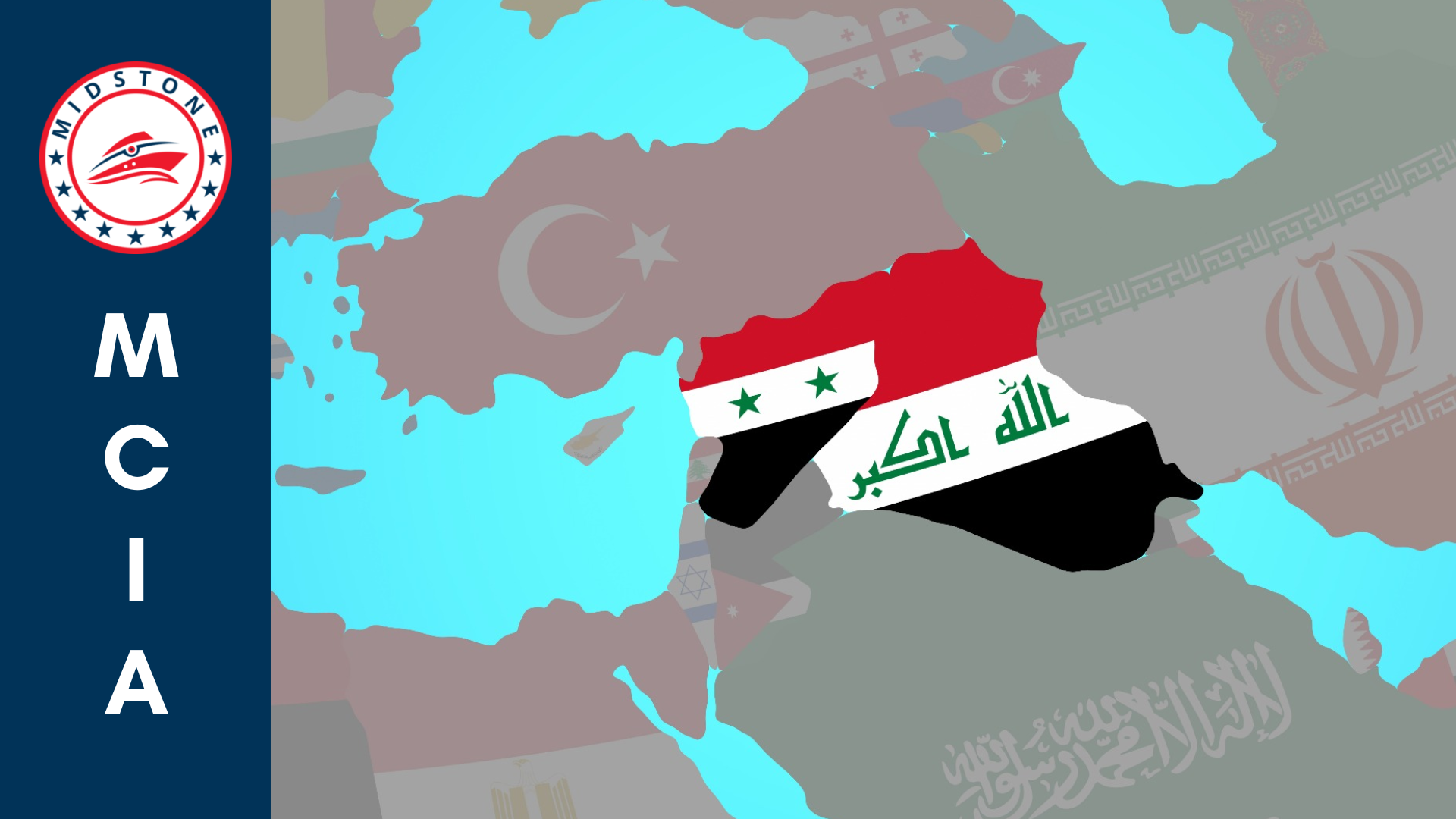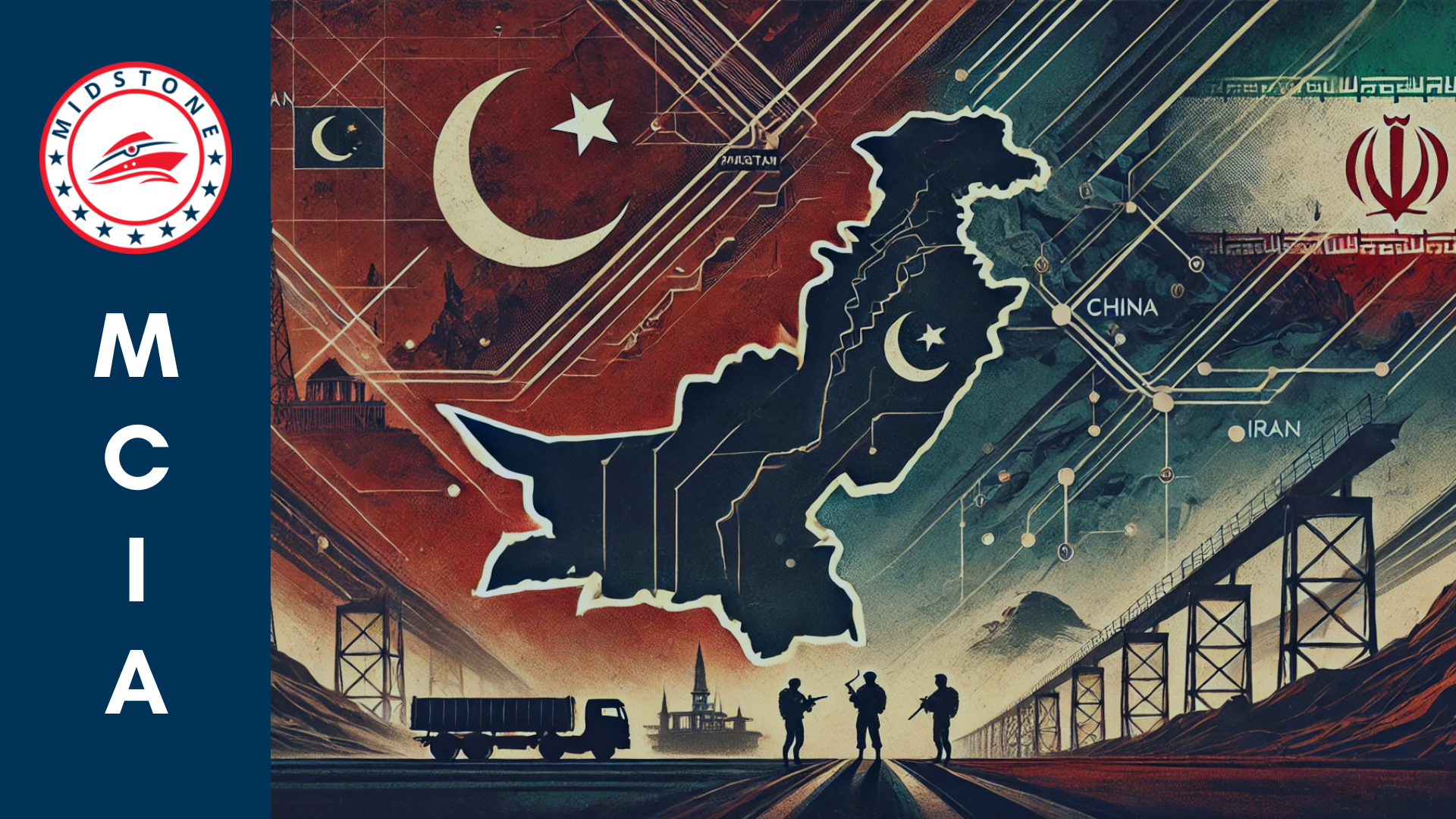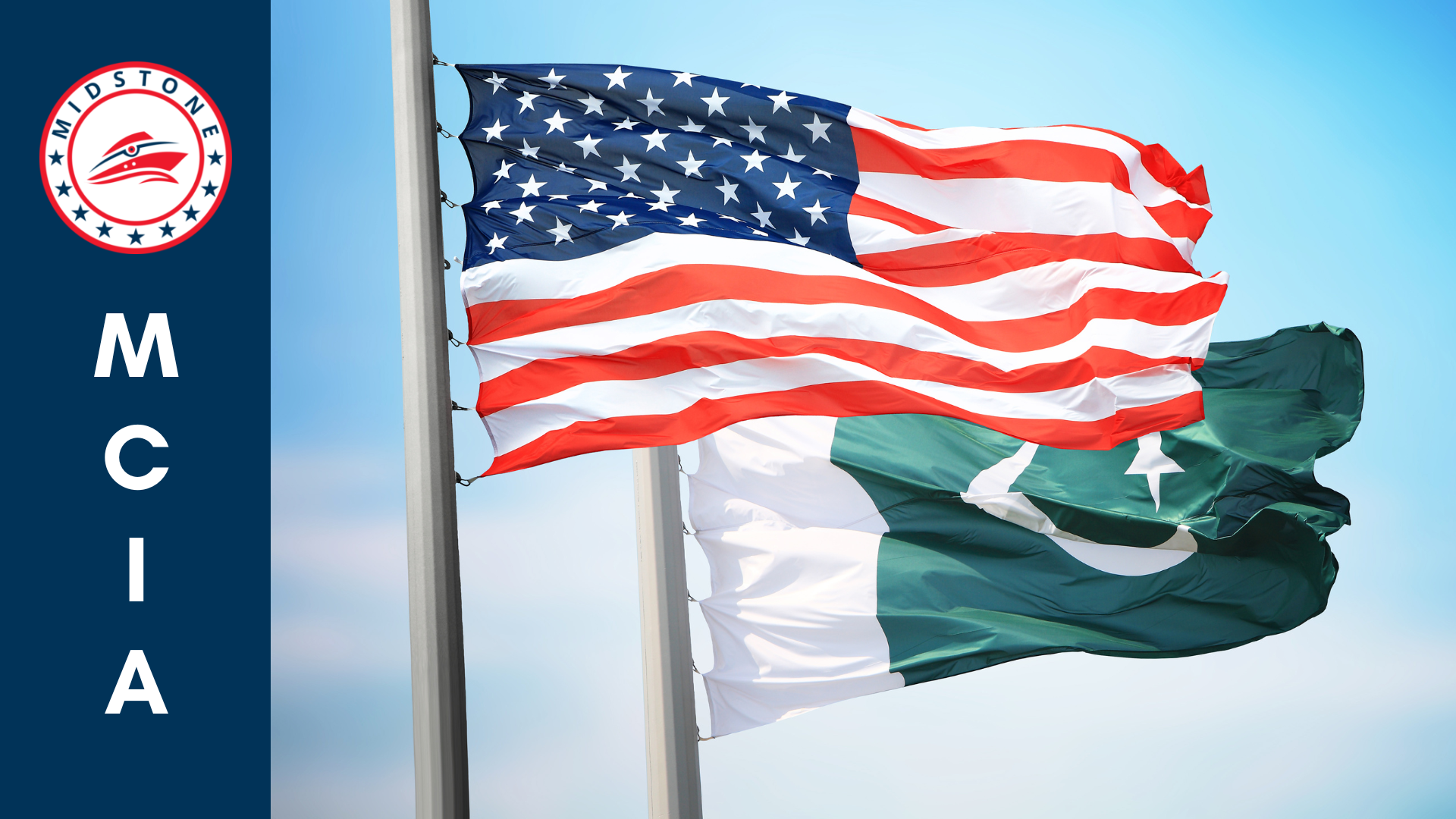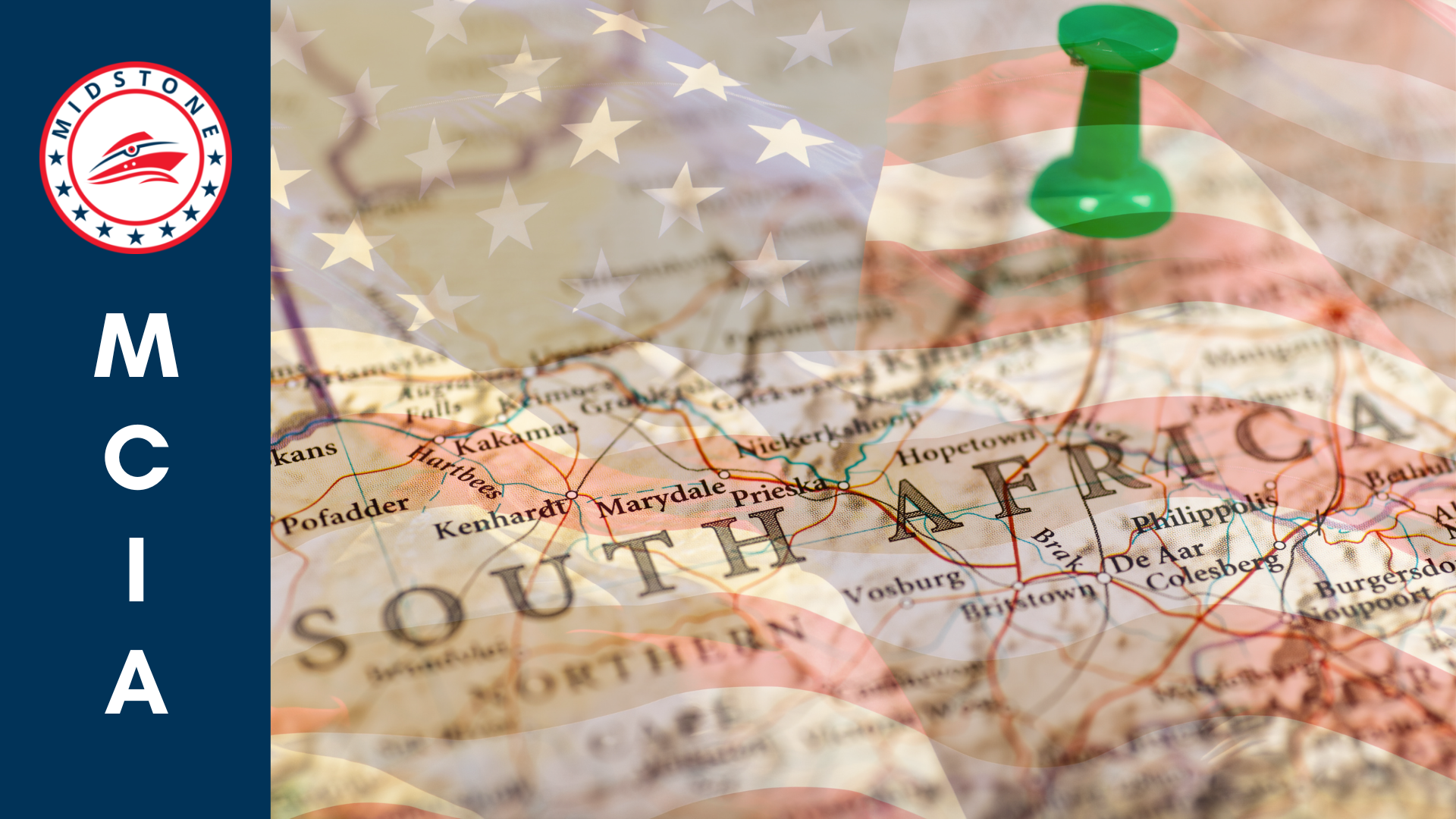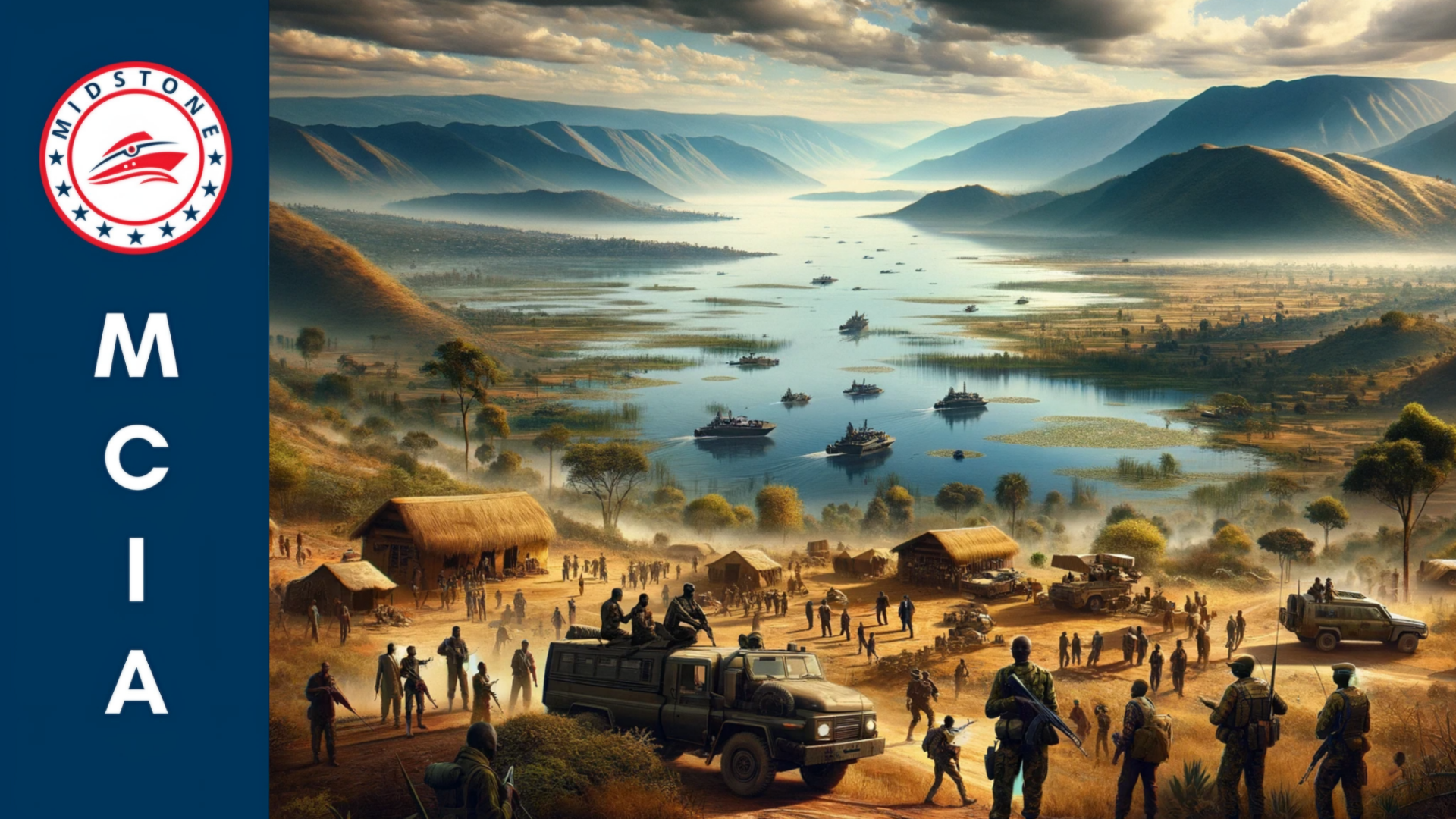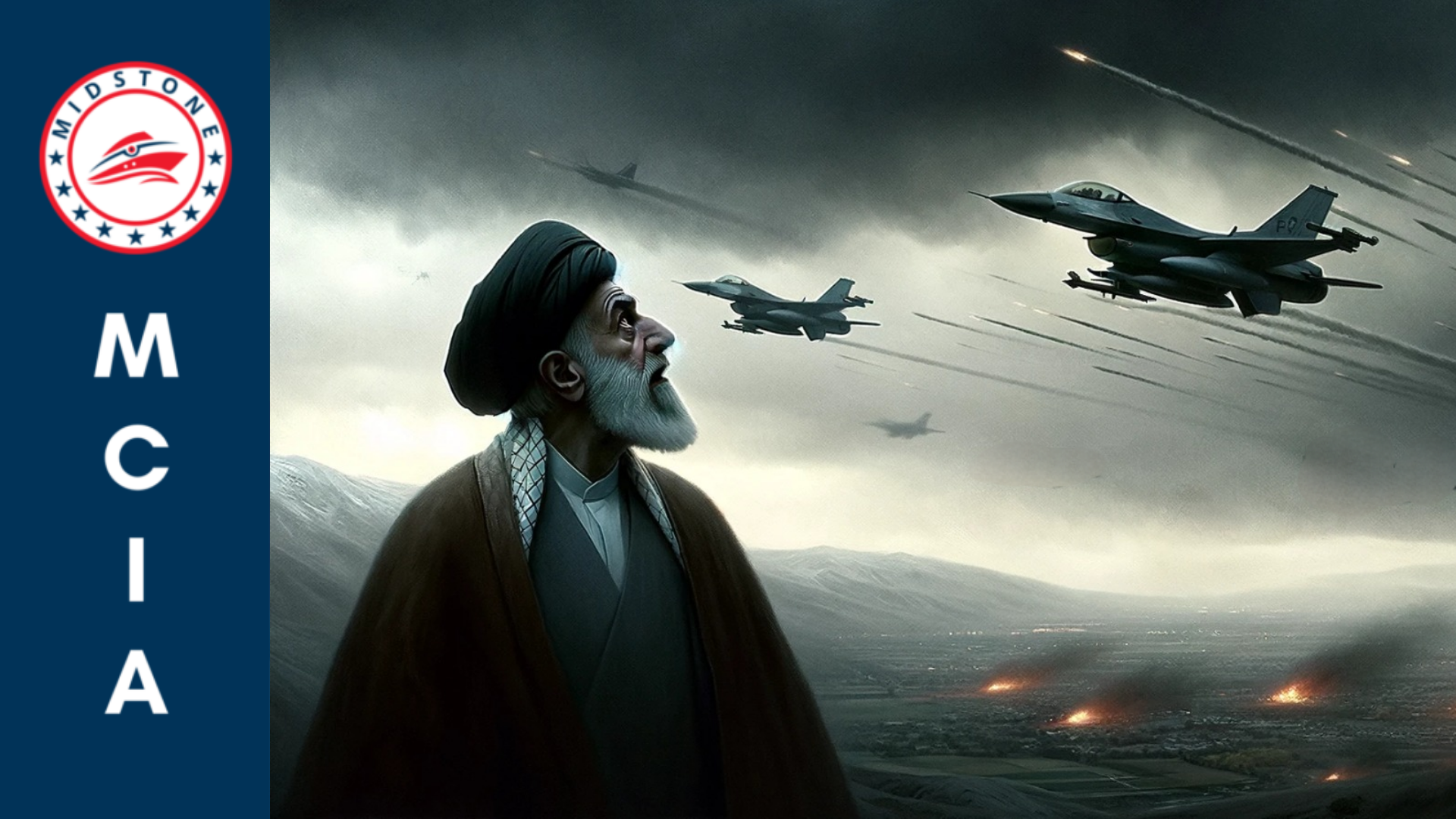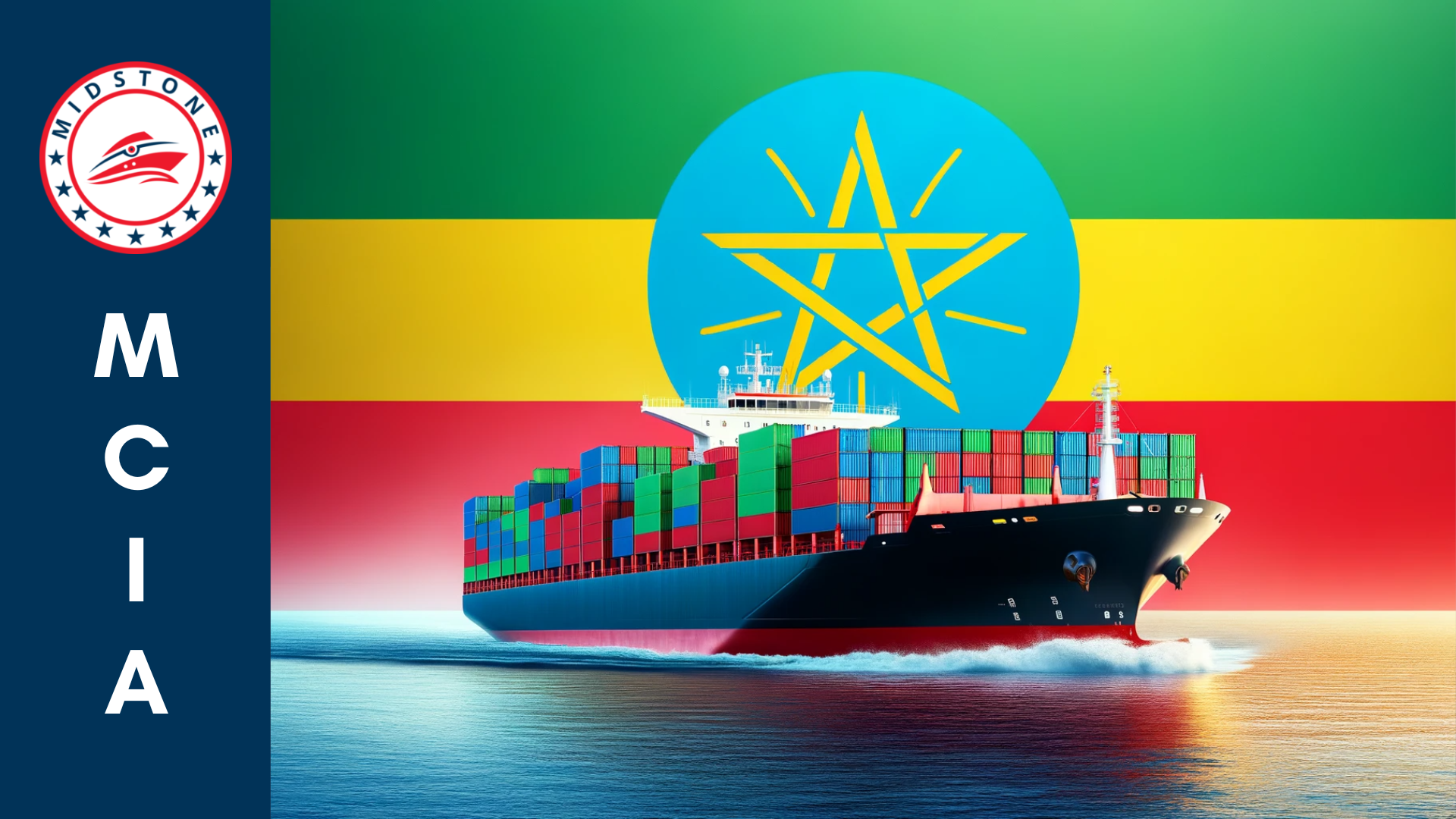The ‘Anti-Assad Triangle,’ comprising Hayat Tahrir al-Sham (HTS), Syrian Opposition Forces, and the Kurdish-led Syrian Democratic Forces (SDF), has recaptured significant parts of Aleppo in a surprise offensive, pushing back regime forces weakened by the absence of strong support from Russia, Iran, and Hezbollah. Turkey has backed this coalition to pressure Assad, while Israel benefits from the disruption to Iranian and Hezbollah infrastructure in Syria. However, regional security concerns persist, with potential re-engagements by Iranian forces, Hezbollah, and Russian interests to stabilise Assad's crumbling hold on power. The coming days will test the regime's ability to regroup or face further losses.
As attacks on Chinese nationals in Pakistan intensify, Islamabad faces tough choices about its relationship with Beijing and its own strategic sovereignty. Balancing security imperatives with regional pressures, Pakistan confronts harsh realities: can it safeguard Chinese interests without sacrificing autonomy, or will growing dependence reshape its alliances? This strategic recalibration may redefine Pakistan’s role in a region where China’s expectations and Islamabad’s security challenges continue to clash.
The U.S.-Pakistan Counterterrorism Dialogue, co-chaired by Ambassador Elizabeth Richard from the U.S. Department of State and Ambassador Syed Haider Shah from Pakistan, highlights the ongoing and prospective cooperation between the two nations in addressing regional and global security challenges, specifically the threats posed by Tehreek-e-Taliban Pakistan (TTP) and ISIS-Khorasan.
In a pivotal diplomatic visit to Washington, South Africa's Minister of International Relations and Cooperation, Naledi Pandor, sought to mend fences amidst recent tensions with the United States. Reflecting on the strained relationship, Minister Pandor remarked on the unfortunate repercussions faced by South Africa due to differing ideologies. Emphasizing South Africa's robust democracy, she highlighted contrasting sentiments between the US Executive Branch and Congress, particularly regarding freedom of religion. As discussions unfolded, concerns emerged over proposed legislation in both nations, underscoring the delicate balance between policy, governance, and individual freedoms.
The reports that the American Private Military Company Bancroft was having conversations with President Toudene of the Central African Republic regarding a potential move into the country.
The situation in the Great Lakes region of Africa is one of the major Geopolitical Risks that will continue into 2024. We saw evidence of that on December 23, 2023, with another attack taking place.
Iran's recent military actions across the Middle East represent a significant escalation in regional tensions. An attack on Pakistan, however, represents a new level of escalation.
The announcement made on New Year’s Day that Ethiopia has signed a Memorandum of Understanding (MoU) with Somaliland covering several areas may have created the first major geopolitical risk of 2024. The next few months in the Horn of Africa will be both concerning and an issue to watch.

